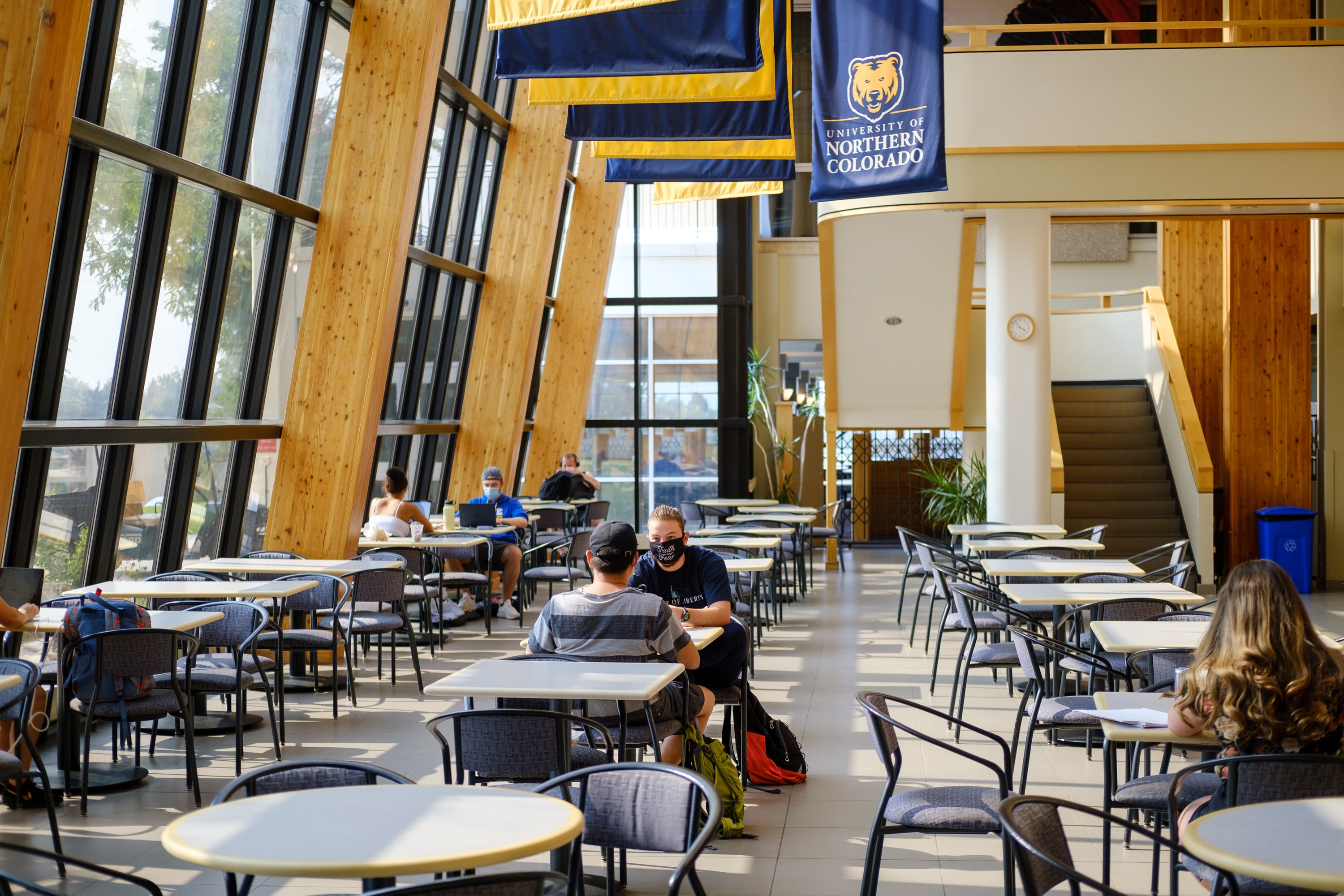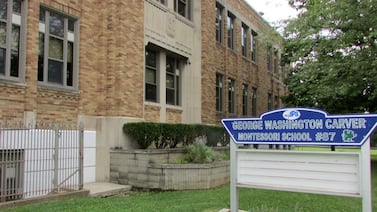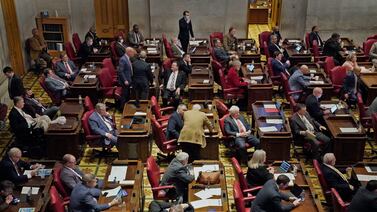Emily Weiss helps about 200 John F. Kennedy High School students every year fill out the Free Application for Federal Student Aid — and students always have plenty of questions.
Many barely know why applying could benefit their college journey, she said, let alone how to complete the form. And the amount of personal and financial information needed can stop students from applying.
“When you talk to students and parents about how much they can actually get,” said Weiss, a Denver Scholarship Foundation college adviser, “I think that can sort of be a good motivator.”
The laborious and often confusing FAFSA process represents one of the most important steps in getting students, especially those who are from low-income backgrounds, into college.
With college application deadlines looming, Colorado counselors offered Chalkbeat Colorado advice for parents and students as they delve into the FAFSA, which opens up the possibility of federal grants and scholarships for a college education.
Every October, the federal government begins accepting FAFSA applications for the next college year. To kick off the year’s FAFSA cycle, Colorado mobilizes a five-week campaign focused on getting students to complete the form. The month culminates in a three-day event ending on Thursday where universities waive application fees.
Despite the state efforts, Colorado has struggled to get students to finish applications. The state ranks near the bottom in that measure.
Colorado will add another pilot event this fall in the hopes it will connect students with the resources needed to begin the application process. The state partnered with The College Place-Colorado to host a neighborhood block party that will feature music, events, and a DJ. Counselors will be on hand to help students start the form.
The block party will be held 10 a.m. to 3 p.m. on Nov. 13 at The People’s Building on 9995 E Colfax Ave., Aurora.
Organizer Chevy Lowe, The College Place Colorado director, said she hopes similar fun events where families can connect with experts will spread across the state.
She also hopes to ease the intimidation of the federal form.
“So my goal was that we really wanted to find a way to wrap our arms around the community, whether it’s high school students or adult learners, who need support with the FAFSA,” Lowe said.
As the state’s FAFSA campaign winds down, here are five tips from experts on how to stay on top of the process.
Don’t go it alone. Don’t be afraid to ask for help.
Counselors across the state said they can’t count how many times families or students filled out the wrong line or box within the FAFSA.
“It’s the difference between a student getting a Pell Grant and not,” said Monica Moore, a Gateway High School GEAR UP adviser, referring to federal aid for college. The federal GEAR UP program is designed to increase the number of low-income students who are prepared for college.
Some students also face complicated and difficult financial situations, Moore said. Counselors often get questions about how to report finances for divorced parents or for unemployed family members.
Ideally, college advisers like Moore follow up after students submit the form and will check on college applications and will help students if the federal government asks for additional verification.
Don’t wait.
The FAFSA enrollment period ends June 30 every year. But that’s no reason to procrastinate, said Christina Ingrum, Colorado GEAR UP director.
By spring, colleges need the information in FAFSA applications to make financial aid offers, which shape student decisions in choosing a college.
“The semesters go by so quickly, so we’re trying to finish up college applications, we’re trying to have students apply for scholarships,” Ingrum said. “The faster they can get their award letter, the faster they can decide where they’re going to commit to college.”
Fill out the application no matter what
Even if a student thinks their family makes too much money for a federal grant, Weiss said high school seniors should fill out the form.
The FAFSA helps families become eligible for federal loans that have much lower interest rates than do private loans. And Weiss emphasized schools use that information to award grants and scholarships.
“So even if you don’t get free money from the government, you could get FAFSA financial aid from the school,” she said.
For students who don’t have legal U.S. documentation, Colorado provides the Colorado Application for State Financial Aid, which helps finance higher education.
Stay organized. And try the app.
Students will need information such as a Federal Student Aid account, tax information, financial records, a Social Security number, and their driver’s license.
University of Colorado Denver K-12 outreach Assistant Director Lesa Briggs said students should have necessary documents at hand when they fill out the form. Counselors can help compile those documents beforehand.
To stay organized, Moore suggests students or families download the myStudentAid mobile app, which will help students fill out the FAFSA, as well as stay organized and on task. Colorado also offers a website called My Colorado Journey for students to organize their path to college.
For counselors and teachers, the goal is to remind students often.
To get students to not just fill out, but fully complete the FAFSA, counselors and teachers should check in with students often, the experts said.
Lowe, from The College Place Colorado, said she’s found that consistent reminders and support have helped increase completion rates. School staff can ask students what they need help with along the way, because sometimes problems pop up in verifying information that can derail a student’s path to college.
“Then they’re like, forget this, it’s too much,” Lowe said. “It gets overwhelming for them.”







